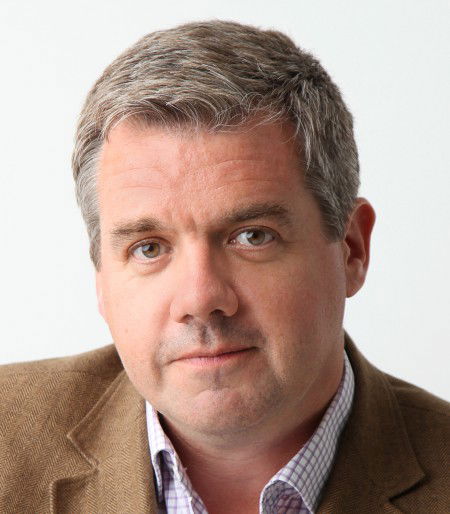On the Spot: Roger Moorhouse - 2 minutes read

Why are you a historian of Central and Eastern Europe?
The revolutions of 1989 spurred a fascination with Central Europe and with history as a living entity.
What’s the most important lesson history has taught you?
That the permanent can be transient and the transient surprisingly permanent.
Which history book has had the greatest influence on you?
Alan Bullock’s Hitler: A Study in Tyranny, which impressed me when I read it 30 years ago.
What book in your field should everyone read?
Timothy Snyder’s Bloodlands.
Which moment would you most like to go back to?
Berlin at the end of the First World War, a maelstrom of anger, uncertainty and possibility.
Which historian has had the greatest influence on you?
Norman Davies. I was his student, researcher and co-author.
Which person in history would you most like to have met?
Stalin. A murderous ogre, but a hugely complex character. I’d hope to survive the experience.
How many languages do you have?
Fluent German and bad Polish.
What’s the most exciting field in history today?
The soft underbelly of the Soviet Union that has been opened up in Ukraine in recent years might yield some spectacular archival revelations in due course.
What historical topic have you changed your mind on?
Historians should be open to changing their minds, that’s the nature of the discipline. Leave the entrenched positions to the military historians.
Which genre of history do you like least?
They all bring something to the feast, though some are a snack, some a main course.
Is there an important historical text you have not read?
Yes. Who would say otherwise?
What’s your favourite archive?
The National Archives are hard to beat for usability, but I’ve had some stellar days in the Landesarchiv in Berlin.
What’s the best museum?
The Katyń Museum in Warsaw.
Normans or Anglo-Saxons?
If it’s beef or cow, I’ll stick with beef.
Rome or Athens?
Athens – soul over muscle.
Braudel or Gibbon?
Gibbon. You can’t beat a good narrative.
Michelangelo or Frida Kahlo?
Michelangelo.
What is the most common misconception about your field?
That the Nazis maintained themselves in power by terror alone.
What will future generations judge us most harshly for?
Take your pick – the collapse of the political centre, identity politics, climate change ...
Roger Moorhouse is a visiting professor at the College of Europe in Warsaw. His latest book is First to Fight: the Polish War 1939 (Bodley Head, 2019).